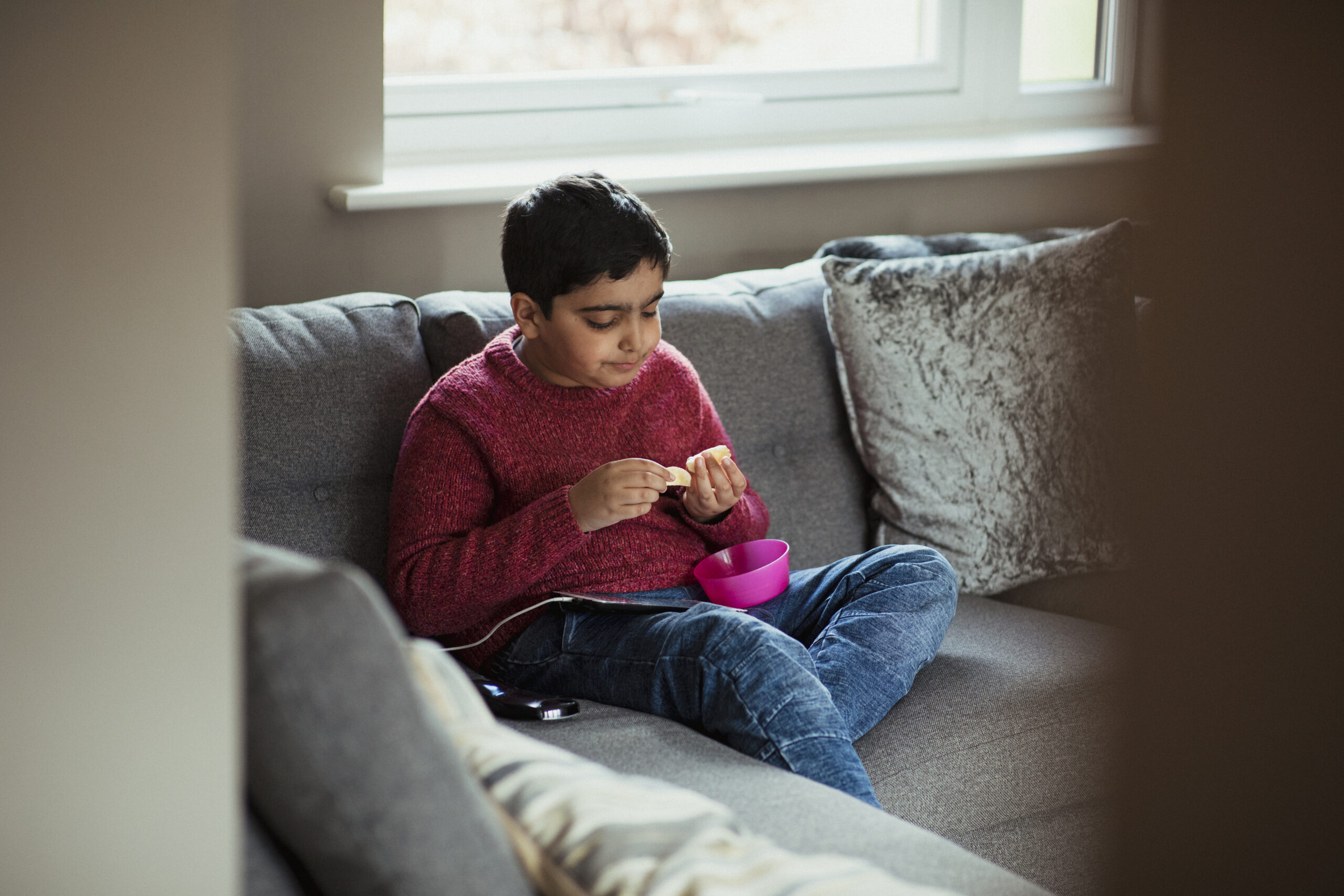
I used to have this friend. We’ll call her Christina. We would get together several times a month with our kids — at the park or at our houses. Christina and I both had children with special needs, but there was a big difference between us. I was fighting with everything I had to get answers, find resources, and demand my child’s needs be met. Christina, on the other hand, was the total opposite. She didn’t want anyone to “label” her child. She also became increasingly intolerant of one of my children who was already in the midst of medical evaluations for what I already knew: my child had ADHD.
This ended up being a big divide in our friendship, one that eventually dissolved our relationship completely
I distinctly remember the conversation. (You know, the one that you never forget before things hit the fan.) I was telling her how I’d been struggling with the school district to provide for my child’s needs. I wasn’t sure how to proceed. She snapped at me that I couldn’t expect others to give in to my child.
I remember gasping and then responding — as calmly as possible — that I wasn’t asking for anyone to coddle my child. The fact is kids with special needs such as ADHD, cannot always meet their potential without accommodations. Accommodations doesn’t equate special treatment. Instead, accommodations help children with needs have the same opportunities as children with needs. In fact, children with disabilities are protected under educational and disability laws, requiring public school systems to accommodate the children who qualify.
The fact is, a child with ADHD isn’t the problem
There’s nothing “wrong” with them. ADHD is a medical diagnosis. The child is neuro-atypical, or neuro-diverse. They have tendencies to be hyperactive, unfocused, emotionally triggered, and disorganized.
These aren’t personality flaws, nor is it the parent’s fault that a child struggles to attend to a task, stay in their seat, or understand that they must rush since the bus arrives in five minutes. Their bedrooms are often epic disasters, and it’s not because the child won’t try. Kids with ADHD struggle with executive functioning skills. This is also why homework is such a challenge.
We have faced so much ableist advice over the years
One of the worst accusations, which comes in the form of unsolicited parenting tips, is that our child simply needs more discipline. A firmer hand, they suggest, will bring our child into submission. Their pro-discipline suggestions are often those that work for typically developing children. The problem is that children with ADHD aren’t typical. However, this doesn’t make them less-than, unruly, or defective.
Listen. No amount of sticker charts, karate classes, time-outs, or threats to take away tech time will take the ADHD out of my child. That’s simply not how ADHD works. Yes, parents must step up and parent their kids, but parenting a child with any special need requires some serious creativity, plus research-based help.
My friend’s denial of her own child’s needs, as well as my child’s, was heartbreaking
Early intervention, connective parenting practices, an individualized learning plan at school, and medication, if deemed necessary, can make a huge difference in the child’s ability to succeed. I was desperate to be the parent my child needed, but this battle became even more difficult with so many people trying to minimize my child’s needs — if not, outright deny them.
The opposite side of the coin were the people who attempted to sell us products to cure our child — again, implying that something was wrong. I can’t tell you how many messages I’ve received from sales pitches for essential oils, shakes, and supplements. My child’s need isn’t up for someone’s profit, nor do I believe that these overpriced products are the answer to our struggles.
A special need isn’t an excuse, nor is it an attempt to gain privileges that others do not have. What parents of children with needs — and the child themselves — require is a circle of trusted individuals who accept and embrace the child’s reality.




